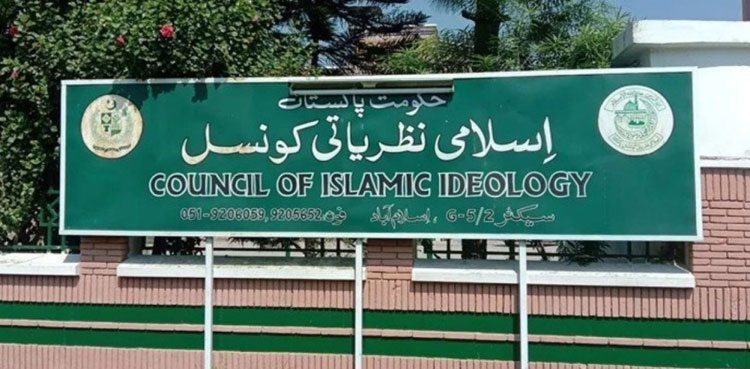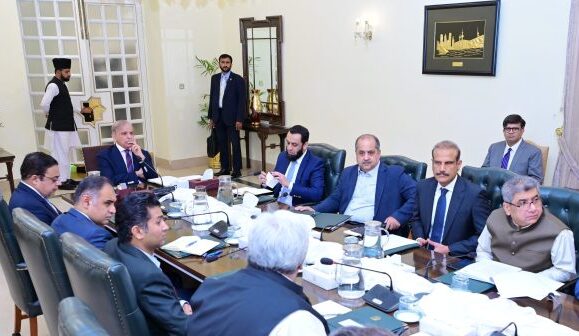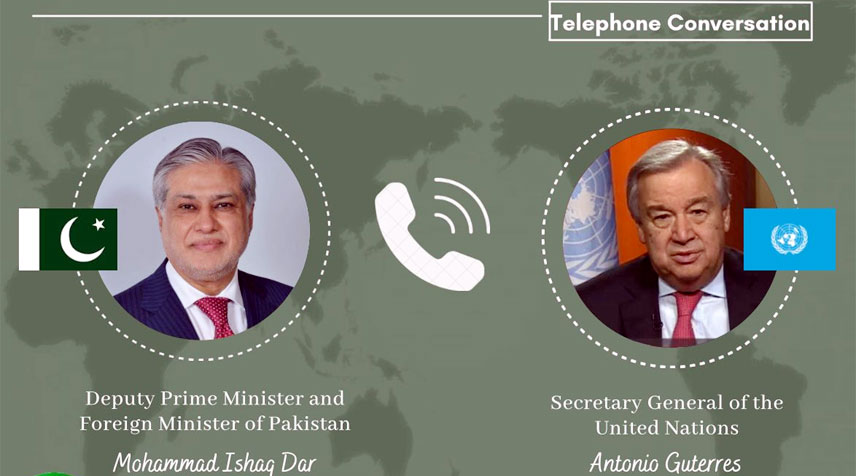
Islamic Ideology Council Opposes Equal Share for Divorced Wives in Marital Assets
- InterfaithPakistan News
- January 1, 2025
- No Comment
The Islamic Ideology Council (IIC) has voiced strong opposition to new legislative proposals aimed at revising Pakistan’s family laws. Key among these proposals is a provision that would grant divorced wives an equal share in marital assets acquired during the marriage. The council deemed the measure incompatible with Islamic teachings.
Introduced by Senators Ali Zafar and Samina Zehri, the amendments to the Muslim Family Laws Ordinance 1961 aim to provide greater financial security for women following divorce.
Ali Zafar’s Bill
The concept of “marital assets” would entitle wives to a share of any property purchased or developed during the marriage. Pre-marital and inherited assets would remain exempt.
“Women dedicate their lives to families, and their contributions—whether financial or domestic—must be recognized,” Senator Zafar stated.
Samina Zehri’s Bill
Another provision proposed by Senator Zehri seeks to make husbands financially responsible for wives living separately under valid circumstances, such as illness or unavoidable situations. Additionally, the bill would make fathers liable for supporting their adult children in areas such as education and healthcare.
The Council’s Stance
The IIC categorically rejected the proposed changes, emphasizing that Islamic law already outlines a husband’s financial obligations.
- On Marital Assets:
- The council argued that Islamic law only mandates a husband to pay mehr (dower) and provide financial support during the wife’s waiting period (iddat). It dismissed the notion of dividing marital assets upon divorce, stating that such a concept is foreign to Islamic teachings.
- On Separate Living Support:
- Support for separated wives is valid only if they have legitimate reasons, such as illness. The council opposed support for wives who separate without cause or display inappropriate behavior.
- On Adult Children:
- Fathers are not obligated to support adult children unless they are unable to earn a living, provided the father has sufficient means. For widowed or divorced daughters, the council suggested additional conditions, such as assessing their financial independence or familial support.
Modifications Suggested
While opposing the current drafts, the council acknowledged the importance of addressing women’s and children’s rights and offered alternative language to align the legislation with Islamic principles.
Broader Implications
The proposed amendments have sparked debate, reflecting broader tensions between modernizing family laws and adhering to traditional interpretations of Islamic jurisprudence. The Senate Standing Committee on Religious Affairs is expected to review the IIC’s recommendations in the coming weeks.







